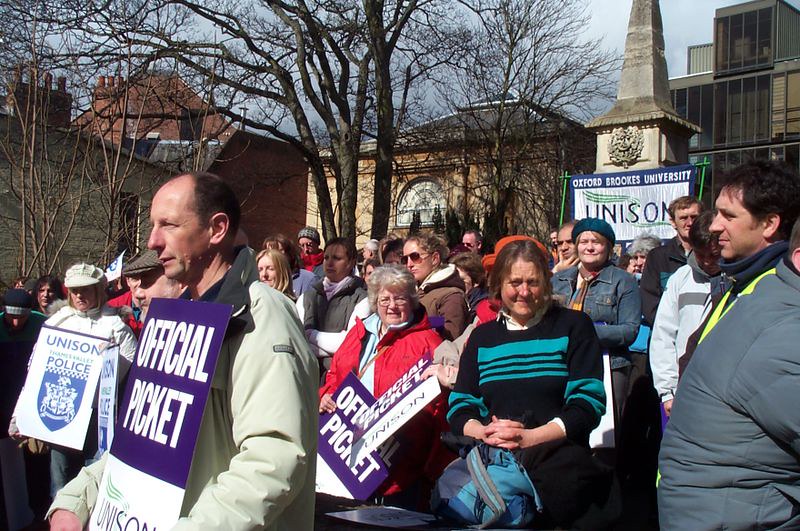7 SEPTEMBER 2024 | NEWS
The Government is facing friction with trade unions amid the Trade Union Congress (TUC) in Brighton next week. It comes as three unions are now calling for Labour to reverse cuts to the Winter Fuel Allowance.
The TUC is set to debate the Winter Fuel Allowance and vote on whether to oppose the Government’s cuts next week, pencilled in for the same day as the House of Commons vote on the policy.
Potential flashpoints have also emerged on employment rights, net zero policies and the economy.
It comes as three unions – Unite, USDAW and the PCS – are now calling for Labour to abandon course. Many union sources expect the motion to pass.
Sharon Graham, the General Secretary of Unite, told the BBC: “Why are Labour picking the pockets of pensioners on the winter fuel payments instead of making those with the broadest shoulders actually pay?”
Graham, the leader of the one of the two largest trade unions in the UK, also criticised the Prime Minister’s first major speech of his premiership at the end of last month.
Under the Government’s plans, the winter fuel payment will be reserved for those on pension credit.
Fran Heathcote, the General Secretary of the PCS, told The Telegraph: “We deal first-hand with pensioners in receipt of winter fuel payments currently.
“We know how much they rely on them. If you take those payments away, people will have to make really hard decisions about heating their homes and eating.”
The PCS represents people working in government departments and public bodies, including those overseeing the Winter Fuel Allowance scheme.
The TUC will also see unions push for Government to go further in repealing anti-strike legislation, amid concern from the left that Labour is watering down its commitment to employment rights.
The proposed blanket ban on zero-hours contracts has already been diluted to banning “exploitative” zero-hours contracts, in a policy change that occurred prior to the General Election.
Paul Nowak, the general secretary of the TUC, recently told LabourList that the Government’s employment rights package is the “the biggest upgrade of workers’ and union rights in a generation”.
The proposed Employment Rights Bill would repeal the recently-enacted Minimum Service Levels Act, which sought to compel trade union workers to provide minimum service during strikes in key sectors.
It would also repeal the 2016 Trade Union Act – which required turnout thresholds for strike action – and introduce day-one rights for workers.
However, in a potential flashpoint with the Government, Nowak also told LabourList: “That doesn’t mean that we’re going to stop saying that there’s more that could be done.”
The oil and gas industry is another source of conflict with the Government, with Unite and GMB concerned about job losses in this sector. Labour is committed to net zero policies and moving away from oil and gas production.
Unite has warned that 30,000 jobs are at risk, saying that “gas remains vital to powering UK manufacturing”.
Sharon Graham has said: “Everyone knows we need to do something about the climate crisis. But workers cannot be sacrificed on the altar of net zero. North Sea jobs are on a cliff edge.”
Unite is also calling for the wealthiest 1% to be subjected to a wealth tax, in further economic radicalism that goes beyond that of the Government.
Meanwhile, the shopworkers’ union USDAW is calling for the two-child benefit cap to be lifted, along with further action to tackle poverty.
Paddy Lillis, the general secretary of USDAW, said: “We are calling on the Labour Government to promote properly funded social security and employment reform by urgently convening a taskforce to make work pay, end poverty, offer a proper safety net and promote equality.”
Under Sir Keir Starmer, the Labour Party has positioned itself closer to business, with the now Chancellor of the Exchequer, Rachel Reeves, calling Labour the “natural party of British business” back in May.
The party is also less dependent on trade union funding than it once was, with its donor base having changed.
Further developments are expected next week as the TUC gets underway.
























